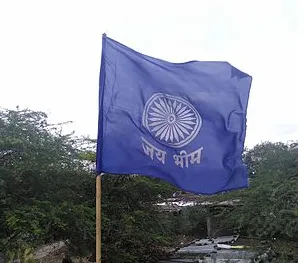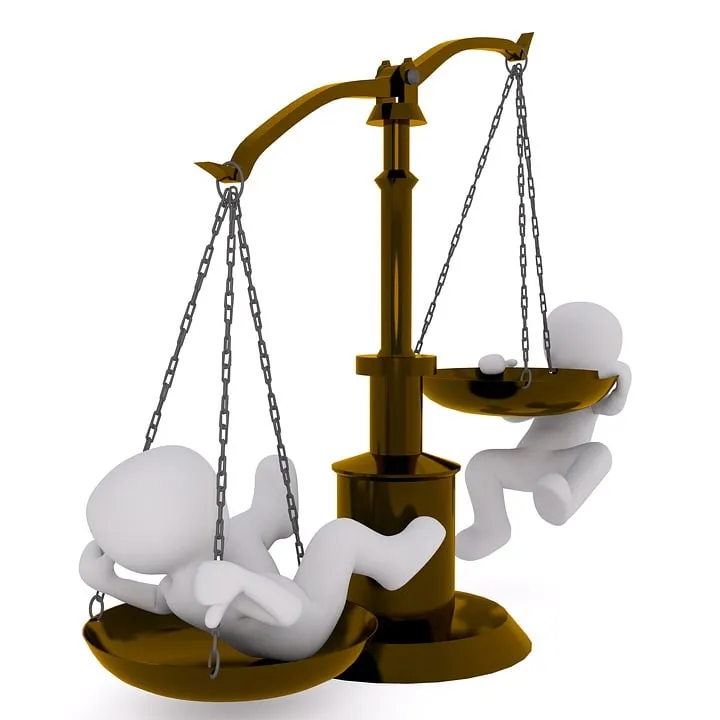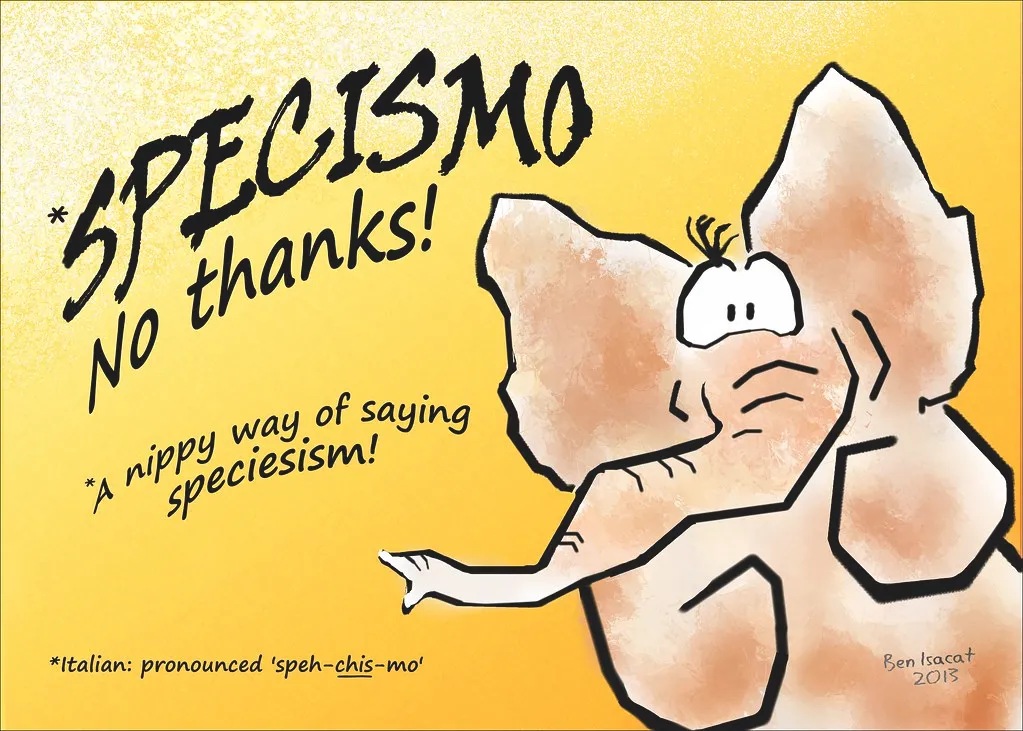
Unfortunately, the Bandh went violent and left over 14 people dead nationwide. Road & rail traffic was disrupted, Services of over 100 trains were affected as rails & roads were blocked. Many public and private vehicles were damaged and torched.


Casteism is being fought since the period of Upanishads. In 6th century B.C., Jainism & Buddhism made several initiatives to end this discrimination. Then in medieval period, Bhakti movements & Sufi saints never accepted such a discrimination and treated everyone as equal. In modern times, leaders like Ram Mohan Roy, Mahatma Gandhi, Swami Vivekananda and Bhim Rao Ambedkar made significant moves to abolish casteism. Thus finally it was made illegal by the Indian Constitution.
I was taught this story in schools only up to this stage. So it made me assume that casteism was finally abolished in India. But a couple of years back, in my travels to several villages, I was shocked to find casteism so strong & pervasive in every village. I was always asked about my caste after the villagers had inquired about my name. When I used to inform them that I don’t belong to any caste as I’m just a human and haven’t accepted any caste yet, it didn’t make any sense to them.
They couldn’t connect with me because without knowing my caste my introduction was incomplete. It was more shocking to me to note that several of them were very reluctant to invite me for lunch or offer me a glass of water as they thought I may be from a higher caste and won’t accept their invitation. Some used to communicate to me their own caste before offering me a shelter for night in their homes and wanted a confirmation if it would be okay for me to spend the night in their homes. All these were very unexpected and strange experiences for me.
It made me think why caste system is still prevalent despite of so many strong reform movements.

The most important thing to disrupt or re-shuffle is their social set up and engagements. In every village I went, I saw there were clearly demarcated pockets of houses for each caste. People from every caste will live only in that part of the village. Although no one mandates it but people voluntarily reside where people of their caste resides. Even if people are living in a rented house, they will pay a higher rent to take a house where people of their caste reside but will not take a house available damn cheap if it were not in the locality of people of their own caste.
This comes naturally to all humans. People tend to find themselves more comfortable in their own community. In early ages, when people used to live in forests, they would easily connect with surrounding animals, birds, trees, rivers, mountain etc. Even today, tribal people who inhabit in forests have deep connection with and reverence to the Nature. Humans easily make bonding with their immediate surroundings. In today's cities, where people live in concrete jungles, they are disconnected with animals and nature. So they tend to damage the Nature and exploit it for money by considering everything monetizable as resources. So city people are obviously more connected with money and materialism than Nature.
Aside from living in a caste-restricted part of the village, there is one more thing I observed, which cement the caste system. Even today, inter-caste marriages don’t take place in villages. So this caste system keeps firming up instead of breaking down.
In metros and bigger cities where people from villages migrate for earning their livelihoods, they have to live wherever they can find a cheap place on rent. So in bigger cities, discrimination on the basis of casteism gets weaker. This also leads to inter-caste marriages and makes relationships among families of different castes possible. This further dilutes the strong bonds of casteism.
So in my opinion, we need to do something about the age-old real-estate distribution in villages and also promote inter-caste marriages to disrupt casteism. Without this, it would never end.

Do share your views with me.
